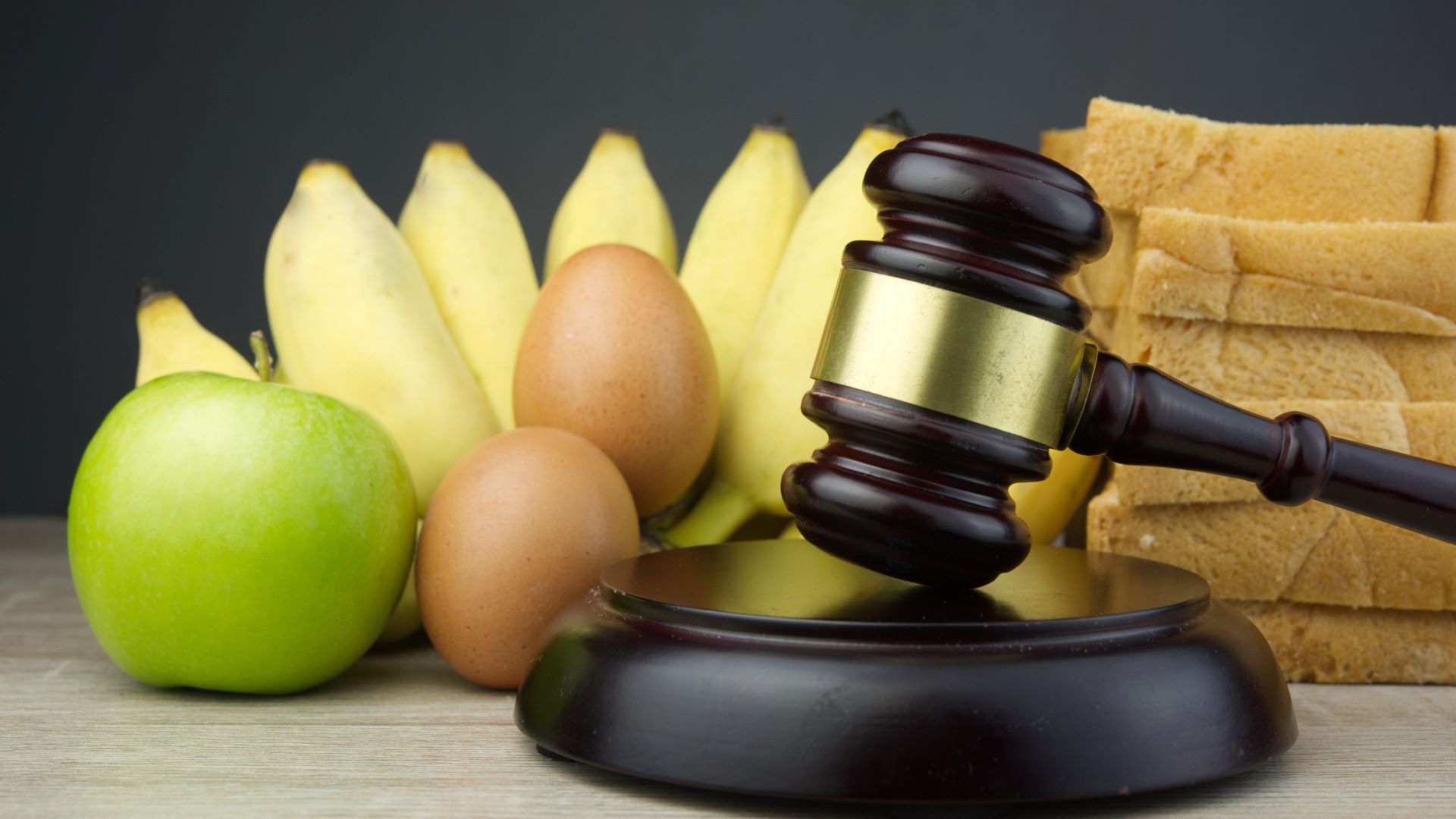Last night, the European Parliament and the EU Council reached an agreement on the revised "Breakfast Directives". The revision will bring clearer labelling for honey, fruit juices and jam to European consumers.
A key accomplishment of the S&D Group in these negotiations is the establishment of a traceability system in the honey supply chain. This system will enable consumers to monitor the origin of honey products through transparent information and labelling. It will also contribute to greater accountability in the honey market, by limiting fraud and illegal trade.
Moreover, responding to the growing consumer preference for reduced sugar content in fruit juices, the revised directives will now mandate the labelling of sugar contained naturally in fruit by avoiding misleading marketing messages, since some juices can be very sweet despite the absence of added sugar. The S&Ds have also taken measures to ensure that new techniques, which remove naturally occurring sugars in fruit juices, jams, jellies or milk, should not lead to the use of potentially carcinogenic sweeteners such as aspartame.
Günther Sidl, S&D negotiator on the revision of the "Breakfast Directives", said:
“Consumers deserve to have clear and accurate information about the products they consume. The traceability system in the honey supply chain and mandatory sugar content labelling will empower European consumers to make informed decisions for a healthier lifestyle.
“I believe that the outcome of these negotiations will not only benefit consumers, but will also create a more supportive environment for EU bee keepers. Today, consumers have little to no knowledge about the country of origin of the honey they eat. With these revamped directives, this will no longer be the case. Ensuring honey traceability is also an efficient way to fight fraud and illegal trade.
“On behalf of the S&D Group, we also raised the issue of aspartame and its new classification as potentially carcinogenic to humans. We have asked the European Food Safety Authority to conduct a reassessment of the effects of aspartame on human health by the end of this year.”










